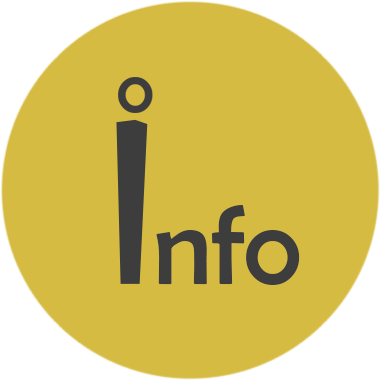The aim of this paper is to present an action research project focusing on refugee children’s integration to the formal Greek education system as it relates to their mothers’ Greek language learning. Drawing on the interrelation between formal and non-formal education, this project took place at the Open Reception facility of Eleonas in Athens and addressed graduate and postgraduate students, coming from two different Departments of the National and Kapodistrian University of Athens (Department of Early Childhood Education and the Department of Linguistics) with two different specialisations, on children and on adults, respectively. In this paper, we will present this particular framework of training future teachers at Eleonas and will discuss the way the particular project was developed, implemented and evaluated. Through an analysis of student’s diaries and questionnaires, we assess the ‘synergy’ between two different groups of students and the way in which their own involvement in refugee education and their reflections thereon are integrated within the context of an emancipatory action research paradigm.
Refugee children’s integration in Greece: training future teachers to face new educational challenges
References
Androusou, A., & Iakovou, M. (2020). Refugee children’s integration in Greece: training future teachers to face new educational challenges. International Journal of Early Years Education, 28(2), 162–175. https://doi.org/10.1080/09669760.2020.1765090
